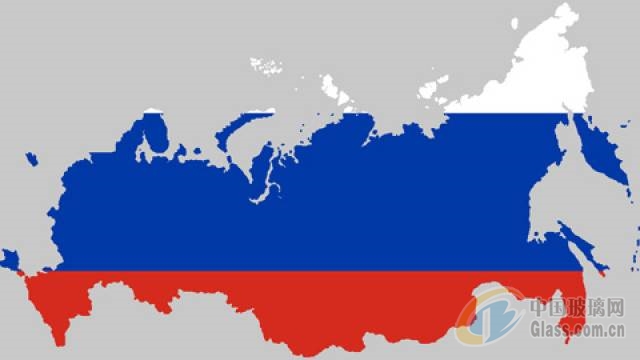Post Time:May 02,2017Classify:Industry NewsView:975
In the coming July, the Russian container glass industry is likely to witness the best period in its operating industry.

Russian authorities have implemented a law , which will ban retail sales of alcoholic drinks in PET bottles from July 1, 2017.
Earlier, Russian authorities implemented a law on January 1, 2017, restricting sales of alcoholic drinks in PET bottles. The law banned production and sales of alcoholic products in PET bottles with more than 1.5 liters in capacity.
42% of all beer is sold in Russia in plastic containers, only 12% in glass bottles, and another 6% in aluminum or tin cans. A ban on plastic bottles would prove to be a bonanza for the container glass industry, which has been struggling to keep its market share in the category for a long time. The sale of unpacked beer, which is mainly draught beer, accounts for the rest 40% of the market.
However, beer producers are making a move would lead to shortages in the supply of packed beer in the short run because of the limited manufacturing capacities of glass bottles and cans. It would also cause a price hike of packed beer and reduced consumption because of higher packaging costs.
Russian beer production is highly consolidated and dominated by four major players. Carlsberg holds the No. 1 position with a 39% market share in 2015, mainly through its subsidiary Baltika. SunInBev with a market share of 17 % is the second largest beer producer, followed by Heineken ( 15% share) and Efes Rus, which have market shares of 15% and 14% respectively.
Starting January 1, 2017, any alcoholic beverages produced in PET bottles with the...
Russian authorities have implemented a law , which will ban retail sales of alcoholic drinks in PET bottles from July 1, 2017.
Earlier, Russian authorities implemented a law on January 1, 2017, restricting sales of alcoholic drinks in PET bottles. The law banned production and sales of alcoholic products in PET bottles with more than 1.5 liters in capacity.
42% of all beer is sold in Russia in plastic containers, only 12% in glass bottles, and another 6% in aluminum or tin cans. A ban on plastic bottles would prove to be a bonanza for the container glass industry, which has been struggling to keep its market share in the category for a long time. The sale of unpacked beer, which is mainly draught beer, accounts for the rest 40% of the market.
However, beer producers are making a move would lead to shortages in the supply of packed beer in the short run because of the limited manufacturing capacities of glass bottles and cans. It would also cause a price hike of packed beer and reduced consumption because of higher packaging costs.
Russian beer production is highly consolidated and dominated by four major players. Carlsberg holds the No. 1 position with a 39% market share in 2015, mainly through its subsidiary Baltika. SunInBev with a market share of 17 % is the second largest beer producer, followed by Heineken ( 15% share) and Efes Rus, which have market shares of 15% and 14% respectively.
Starting January 1, 2017, any alcoholic beverages produced in PET bottles with the capacity of more than 1.5 liters are subjected to a fine of 100,000 rubles to 200,000 rubles ($1,644 -$3,288) for individuals and from 300,000 to 500,000 rubles ($4,929 - $8,215) for legal entities.
As of July 1, 2017, retail sales of alcoholic drinks in PET (plastic) bottles will be subject to a fine from 100,000 rubles to 200,000 rubles ($1,644 -3,288) for individuals and from 300,000 to 500,000 rubles ($4,929 - $8,215) for legal entities.
Source: www.glassonline.comAuthor: shangyi
PrevFamor Engineering looking for new business opportunities at Iran Glass 2017
The Future of the Insulating Glass Industry - Knowledge Sharing and Energy Efficiency Next